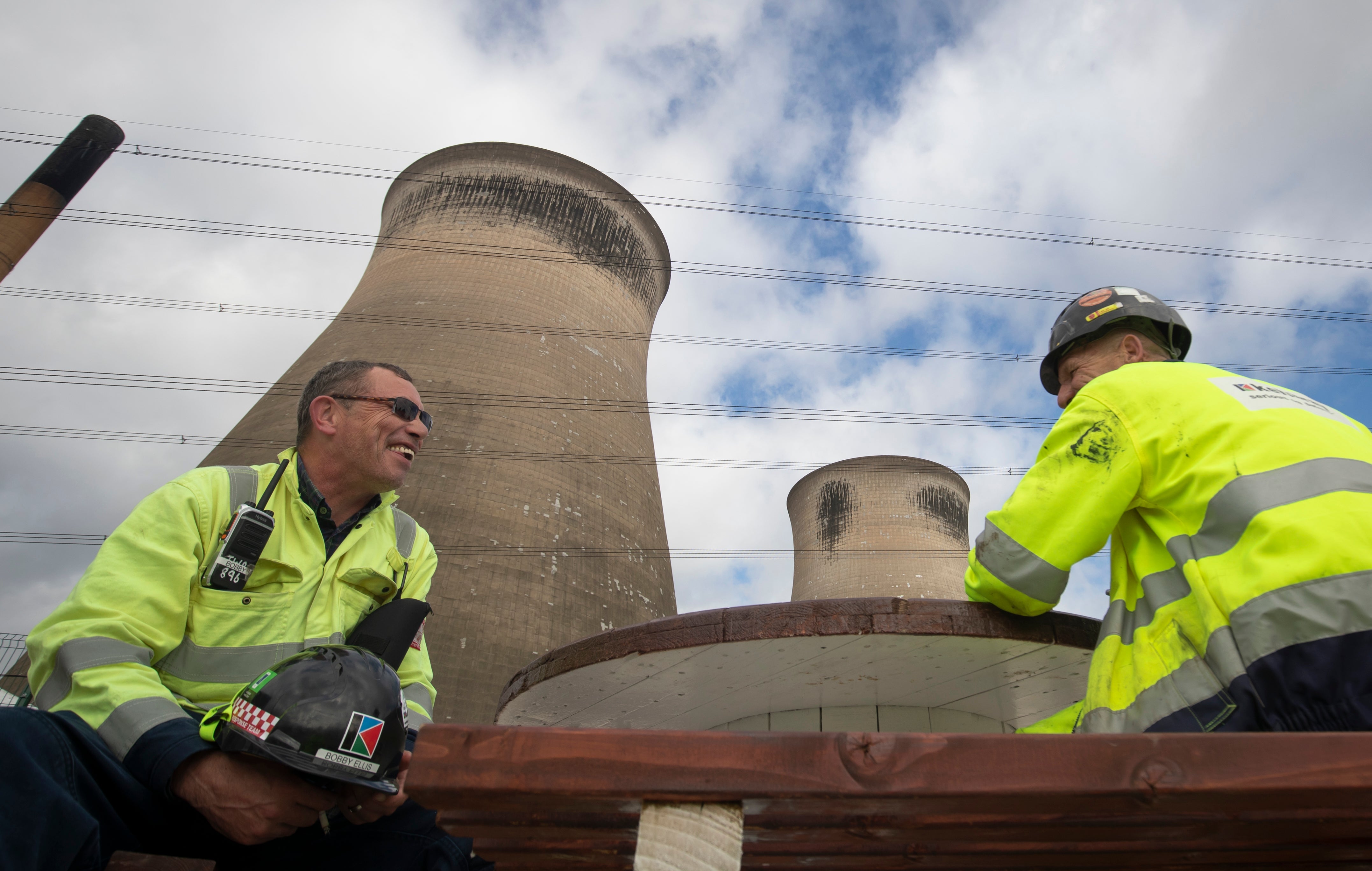Create global price for carbon, WTO boss urges international leaders
It is a ‘nightmare’ for businesses to navigate dozens of different carbon pricing regimes, Ngozi Okonjo-Iweala told an audience in London.

The director general of the World Trade Organisation has said that it should work together with other international bodies to develop a global price for carbon.
Ngozi Okonjo-Iweala told business leaders at a London conference that prices for carbon are hugely divergent across the world.
“We have different regimes that range from less than one dollar a tonne in Ukraine for CO2 to 130 dollars per tonne in Sweden,” she said.
“For businesses, I think this is a bit of a nightmare, having to navigate all of this.”
There are almost 70 different regimes around the world of how to measure the price of a tonne of carbon dioxide.
She said international institutions should develop a way of making sure that all countries are on the same page around carbon pricing.
“I am advocating that the four international institutions – the International Monetary Fund the World Bank, the WTO and the OECD – be tasked to come together by the G20 or other world leaders to develop a common methodology to a global carbon price,” she said.
“This would really help business, it would help households, it would even help finance ministers.”
She was speaking at an event for business leaders in London where Microsoft founder and philanthropist Bill Gates said he would invest £200 million in unproven renewable technologies, matching a UK Government commitment.
The investment will focus on green hydrogen, sustainable aviation fuel, long-term energy storage and capturing carbon directly from the air.
“Over the next five-year period we expect at least one of these technologies to be ready to scale, and over the next decade that all of them will be,” Mr Gates told business leaders assembled in London.
The investment can push down the price of these technologies in a similar way to how solar power and wind power have become affordable over the past decade.
He said: “When the green premium is very high then you need to activate innovation, and the rich countries have that innovation.
“By going first with these projects we drive the cost down and enable the entire world.”
Subscribe to Independent Premium to bookmark this article
Want to bookmark your favourite articles and stories to read or reference later? Start your Independent Premium subscription today.
